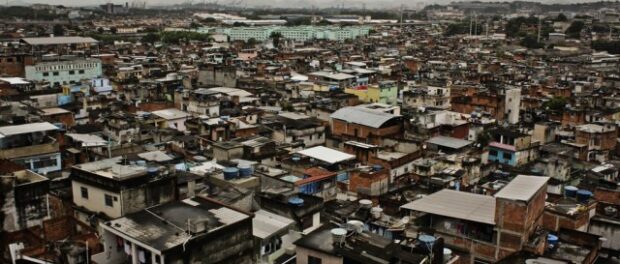
For the original article by Walmyr Júnior* in Portuguese published by Jornal do Brasil click here.
On Friday June 17, we were bombarded with news about the decree signed by the interim governor of Rio de Janeiro state. Dornelles declared a state of public calamity in Rio de Janeiro, claiming that there are no funds to finance the Olympics.
We know that in practice, this grants him the right to cut “essential public services” for the Olympic Games to take place. However, this right to “cut” has always been the political practice in the favelas of Rio de Janeiro.
The measure is absurd, this we all know. It puts at risk all the interests of the state’s population, to benefit a minority that will profit from the Games. The provision of essential public services has been shoved under the carpet so that no one can see. They’ve shoved away basic sanitation, which the majority of Rio’s favelas do not have. This measure undermines the supply of electricity and water, precarious throughout the Baixada Fluminense. It puts at risk the educational project for expanding public schools and improving salaries for education professionals.
Public health is in chaos. How many favelas are there in the state and how many hospitals do they have? There are not enough doctors, not enough medications, not enough hospital beds, not enough hospitals. There are, however, plenty of excuses. Those are abundant. There are also no guarantees for investment in public security, leaving us at the mercy of the wars organized by criminal gangs that dispute marginalized territories.
The state government will continue signing contracts with no public bidding process and will minimize loans, which will compromise public finances. This cut will be made from the population and used for the Olympics, an event that the poor in the favelas will watch only on television.
*Walmyr Júnior is a resident of Marcílio Dias, in the Maré favela complex. He is a teacher, a member of the MNU (Unified Black Movement) and the Coletivo Enegrecer (Blackify Collective). He works as a National Youth Advisor (Conjuve). He is a member of the Campus Ministry at the Pontifical Catholic University of Rio de Janeiro. He represented civil society during the meeting with Pope Francis at the Municipal Theater during World Youth Day.
